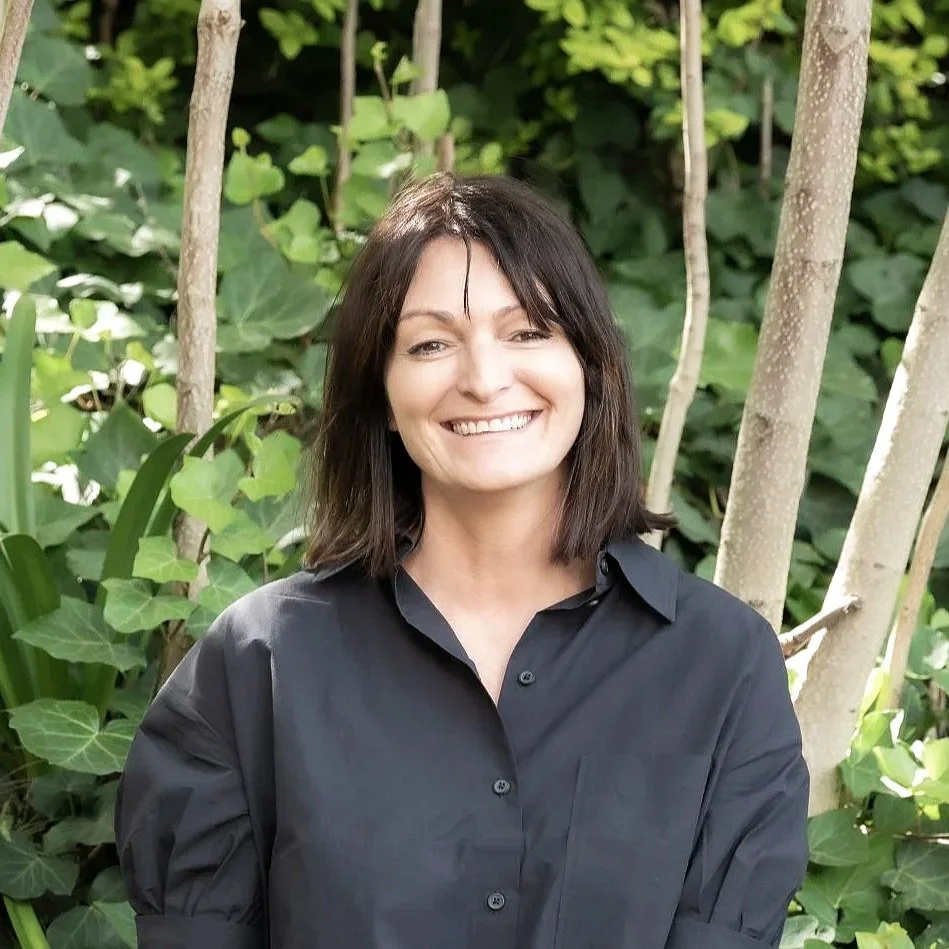Stefanie Hagger
Founder & Clinically Registered Therapist
I am the founder of Stress Therapy Australia and a clinically registered therapist with a background in Psychological Science and a Master’s in Counselling and Psychotherapy. I provide a grounded environment for those carrying the weight of generations, children, work, relationships and trauma; individuals who are looking for a way to find themselves again amidst it all.
While my academic background provides the framework, my practice begins with a commitment to safety in our relationship and a fundamental belief that in this space, you are always in control of your story.
Moving Beyond the Performance
Many of my clients arrive feeling "fine" on the outside while navigating a profound, physical exhaustion within. They often feel they have to "hold it all together" for everyone else. In this space, therapy is not another role you have to perform or a task you have to get right. It is a partnership where we move at your rhythm to gain clarity among the many roles you carry, so you can choose how you want to move forward.
Clinical Expertise
My experience in complex trauma has taught me that the most profound shifts happen in stages. A person must first feel safe enough to begin the process of unpacking, then truly heard in the depth of their experience. It is only then, as the real person emerges from beneath the weight of their roles, that they can finally be seen. As an accredited NDIS and WorkSafe provider, I offer sessions in person in Hawthorn East or via Telehealth Australia-wide, ensuring your care is as practical as it is compassionate.
MY SPECIALTIES
-
Anxiety is more than just a mental worry; it is your nervous system’s response to the weight of your roles and the 'undercurrent' of your life. It can manifest as a pounding heart and rapid breathing, or as a quiet, constant hum of obsessive thinking and excessive fear. Here, we look at how your specific biology is responding to the demands you carry, providing a safe environment to settle your system and find your footing again.
-
For the person who is used to carrying it all, stress is more than just a full calendar, it is a constant tax on your nervous system and your biology. I help you move beyond surface-level coping to develop practical, grounded strategies that actually settle the “undercurrent” of pressure you carry. Together, we work collaboratively to build lasting resilience and balance, ensuring you finally have a space where you don’t have to perform and can begin to find yourself again.
-
Life Transitions Whether it is a career shift, a change in a relationship, or a new stage of parenthood, major transitions often reveal that the roles you’ve always played no longer fit. These milestones can stir up an undercurrent of uncertainty, making it hard to find your footing. I provide a steady, grounded space to help you process the emotions of these shifts and gain clarity, so you can choose how to move into your next chapter with a renewed sense of self.
-
Complex trauma describes an experience that goes beyond a single event; it is the weight of an ongoing environment that should have been safe, often leaving a person feeling deeply confused. This has wide-reaching effects on your identity and how you move through the world.
My practice provides a grounded space to process these experiences at your own rhythm. We move through a sequence of safety: first creating a stable foundation to unpack, then ensuring you are truly heard, so that the person beneath the trauma can finally emerge, be seen and choose how you move forward.
-
Chronic conflict often creates a secondary “undercurrent” of stress that spills into your work, your health, and the atmosphere of your home. When you are the one everyone leans on, the weight of a struggling relationship can feel particularly isolating. I provide a respectful, grounded space to help you move beyond the patterns of conflict and learn effective ways to communicate. Our work focuses on building a foundation of safety and clarity, allowing you to create a healthier environment for yourself and those you care for.
-
Grief is a profound response to loss that reaches far beyond sadness, often encompassing anger, confusion, and a deep sense of depletion. The process of adapting to a significant loss is deeply personal, shaped by your beliefs, your history, and the unique relationship to what was lost.
In this space, there is no “right” way to grieve or a timeline you must follow. I provide a steady, respectful environment where you don't have to perform “being okay”. We move at your rhythm to process the weight of your loss, helping you find your footing again as you navigate this new chapter.
